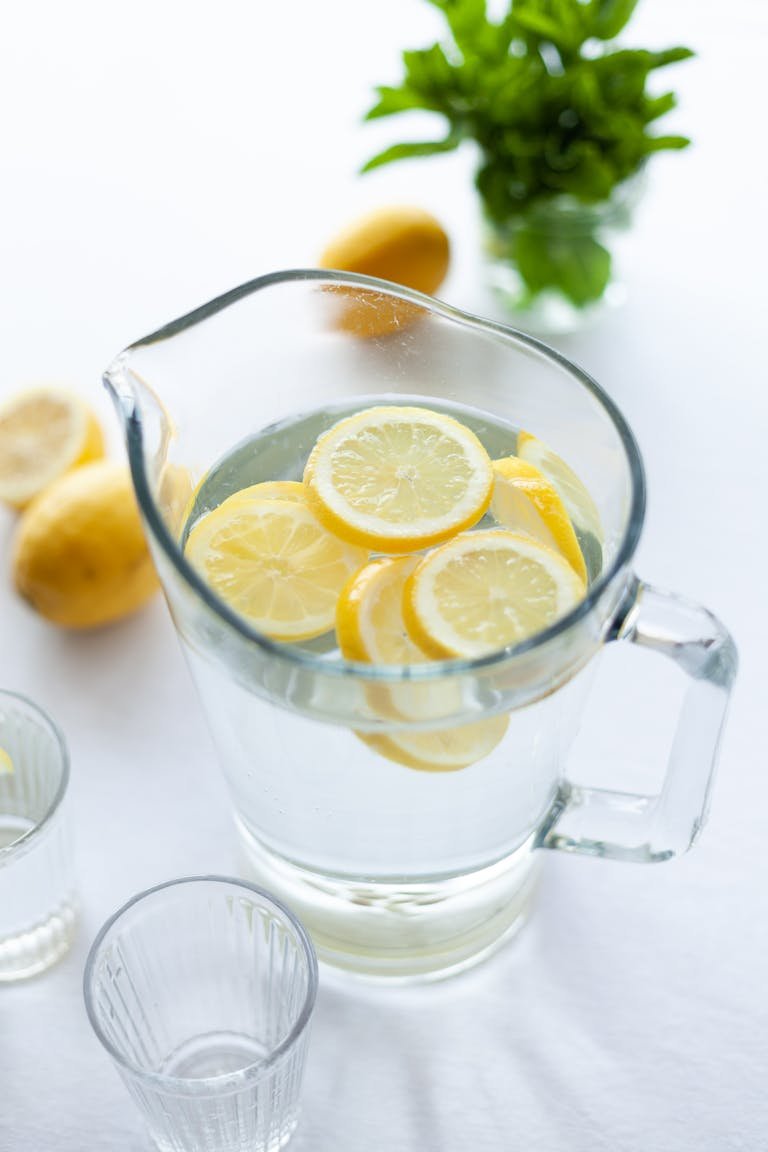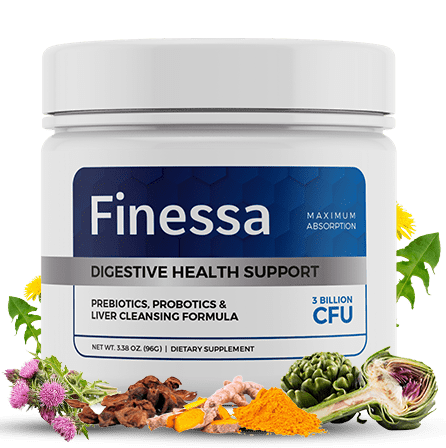Best Way To Flush Your Colon
Best Way To Flush Your Colon
Introduction
Maintaining a healthy digestive system is crucial for overall well-being. So what is the best way to flush your colon? Let’s go through the best practices for flushing your colon in a safe and effective manner. This process, also known as colon cleansing, can contribute to improved digestion, enhanced nutrient absorption, and a general sense of well-being. In this comprehensive article, I will share evidence-based information and practical tips on how to cleanse your colon for optimal health.
Understanding the Importance of Colon Health
The colon, or large intestine, plays a vital role in the digestive process. It absorbs water and electrolytes, forms and stores feces, and is responsible for eliminating waste from the body. A healthy colon promotes regular bowel movements and helps prevent constipation, which is crucial for toxin removal. Therefore, maintaining a clean and well-functioning colon is essential for overall health.
The Best Ways to Flush Your Colon
Hydration
One of the simplest and most effective ways to support colon health is by staying adequately hydrated. Water is essential for digestion and helps soften stools, promoting regular bowel movements. Aim to drink at least 8 cups of water per day, and increase your intake if you engage in strenuous physical activities or live in a hot climate. Proper hydration is fundamental for flushing toxins out of the body and maintaining optimal colon function.
High-Fiber Diet
A fiber-rich diet is key to promoting a healthy colon. Fiber adds bulk to the stool, facilitating its movement through the digestive tract and preventing constipation. Include a variety of fruits, vegetables, whole grains, and legumes in your daily meals to ensure an ample supply of both soluble and insoluble fiber. Foods like apples, beans, and whole wheat bread are excellent choices. Fiber also acts as a prebiotic, nourishing beneficial gut bacteria and promoting a balanced microbiome.
Probiotics
Introducing probiotics into your diet can positively impact colon health by promoting the growth of beneficial bacteria in the gut. These live microorganisms help maintain a healthy balance of gut flora, supporting digestion and preventing the overgrowth of harmful bacteria. Incorporate probiotic-rich foods such as yogurt, kefir, sauerkraut, and kimchi into your diet. Additionally, consider taking a high-quality probiotic supplement to ensure a consistent supply of beneficial bacteria.
Herbal Teas
Certain herbal teas are known for their digestive benefits and can contribute to a gentle colon cleanse. Chamomile tea, for example, has anti-inflammatory properties that can soothe the digestive tract and relieve symptoms of indigestion. Peppermint tea may help relax the muscles of the gastrointestinal tract, promoting smoother bowel movements. Incorporate these teas into your routine for a comforting and supportive approach to colon health.
Regular Exercise
Physical activity is not only beneficial for cardiovascular health but also plays a crucial role in maintaining optimal colon function. Regular exercise stimulates the muscles of the digestive tract, promoting more efficient movement of waste through the colon. Aim for at least 150 minutes of moderate-intensity aerobic exercise per week, such as brisk walking or cycling, to support overall colon health. Engaging in regular physical activity can also help prevent constipation and reduce the risk of colon-related issues.
Colon Hydrotherapy
Colon hydrotherapy, also known as colonic irrigation, is a more intensive method of colon cleansing performed by healthcare professionals. During this procedure, warm water is gently introduced into the colon through a tube, helping to flush out waste and toxins. While some people find colon hydrotherapy beneficial, it is essential to consult with a healthcare professional before undergoing this procedure, as it may not be suitable for everyone. Additionally, ensure that the practitioner follows strict hygiene and safety protocols to minimize any potential risks.
Fasting
Intermittent fasting or short-term fasting periods can provide the digestive system with a break, allowing it to reset and promote a healthy balance. Fasting can enhance the body’s natural detoxification processes and give the colon a chance to eliminate accumulated waste. However, it’s crucial to approach fasting with caution and under the guidance of a healthcare professional, especially for individuals with underlying health conditions or those taking medications.
Eliminate Processed Foods
Processed foods, high in additives, preservatives, and artificial ingredients, can contribute to a sluggish digestive system and hinder colon health. These foods often lack essential nutrients and fiber, promoting the accumulation of toxins in the colon. Processed foods also undergo various changes from their original state through methods such as cooking, drying, canning, freezing, or adding preservatives and other ingredients. Here are some examples of processed foods:
Canned Goods
Canned vegetables and fruits
Canned soups and stews
Canned beans and legumes
Frozen Foods
Frozen pizzas
Frozen dinners and meals
Frozen vegetables with added sauces
Packaged Snacks
Potato chips
Pretzels
Crackers
Granola bars
Packaged cookies and cakes
Breakfast Cereals
Many commercially available cereals with added sugars
Instant oatmeal with flavorings
Bakery Products
Packaged bread and buns
Pastries and muffins
Packaged cakes and cookies
Deli Meats and Processed Meats
Packaged sausages
Hot dogs
Deli meats like ham, turkey, and salami
Condiments and Sauces
Ketchup
Mustard
Mayonnaise
Salad dressings with added sugars and preservatives
Processed Cheese
Cheese spreads
Individually wrapped cheese slices
Instant Noodles and Pasta
Instant ramen noodles
Packaged pasta meals with flavor packets
Beverages
Sugary sodas
Fruit-flavored drinks with added sugars
Bottled iced teas with added sweeteners
Fast Food
Burgers
French fries
Chicken nuggets
Pizza from fast-food chains
Dried and Packaged Soups
Instant soup mixes
Cup noodles with added seasonings
It’s important to note that not all processed foods are unhealthy, and some may offer convenience without sacrificing nutritional value. However, it’s wise to be mindful of the ingredients and nutritional information, especially regarding added sugars, sodium, and artificial additives. Opt for a whole-foods-based diet rich in fruits, vegetables, lean proteins, and whole grains to provide your body with the necessary nutrients for optimal digestive function.
Maintain Colon Health
Maintaining a healthy colon is essential for overall well-being, and adopting lifestyle and dietary practices that support colon health can contribute to improved digestion and a sense of vitality. Remember to stay adequately hydrated, incorporate fiber-rich foods into your diet, and consider the benefits of probiotics and herbal teas. Engage in regular exercise, explore safe and monitored colon-cleansing methods like hydrotherapy, and consider short-term fasting under professional guidance.
Ultimately, the best way to flush your colon is to adopt a holistic approach that includes a combination of these practices. Listen to your body, make gradual changes to your lifestyle, and prioritize a diet rich in whole, nutrient-dense foods. A healthy colon is a cornerstone of overall health, and by implementing these strategies, you can promote a cleaner, more efficient digestive system that supports your well-being. Because, after all, a healthy colon is a key component of a healthy life.






